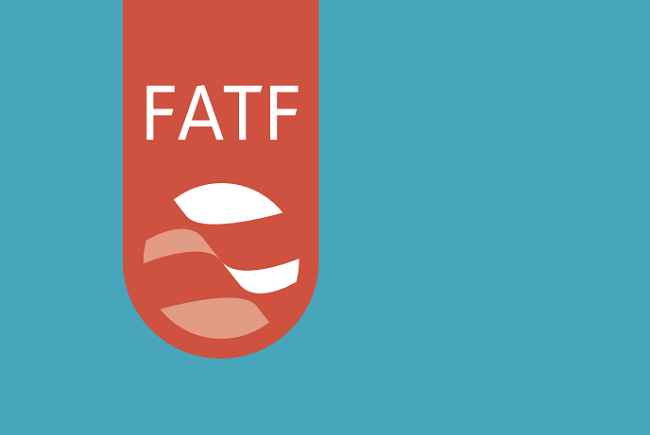The Financial Action Task Force (FATF) will publish its first rules for cryptocurrency regulation by June 2019, Reuters reported on October 19.
The watchdog said the new regulations, part of an effort to create international standards for cryptocurrency regulations, will require every jurisdiction to license or regulate crypto exchanges and some firms providing encrypted wallets. In addition, businesses involved in providing financial services for issuances of new cryptocurrencies, including initial coin offerings (ICOs), must also be brought under the scope of the new rules, it said.
Cryptocurrency regulation is an area which has gained prominence in the past couple of years. The main objective behind the new regulations is to eliminate the use of digital money in money laundering, terrorism financing or other illicit activities.
The FATF will conduct periodic reviews as to how the countries are implementing the new rules, FATF President Marshall Billingslea said. Countries failing to implement the regulations effectively could be added to a FATF blacklist, which would restrict their access to the global financial system.
“By June, we will issue additional instructions on the standards and how we expect them to be enforced,” he said.
The FATF issued guidance on a risk-based approach to cryptocurrencies in 2015. In an official announcement made last week, the FATF said that it has adopted changes to the FATF Recommendations and Glossary in order to clarify how the Recommendations apply in the case of financial activities involving virtual assets.
These changes, it said, will make clear that jurisdictions should ensure that virtual asset service providers are subject to Anti-Money Laundering/ Counter Financing of Terrorism (AML/CFT) regulations.
“As part of a staged approach, the FATF will prepare updated guidance on a risk-based approach to regulating virtual asset service providers, including their supervision and monitoring; and guidance for operational and law enforcement authorities on identifying and investigating illicit activity involving virtual assets,” FATF said.
“In light of the rapid development of the range of financial functions served by virtual assets, the FATF will also review the scope of activities and operations covered in the amended Recommendations and Glossary in the next 12 months and consider whether further updates are necessary to ensure the FATF Standards stay relevant.”



























Comment 0